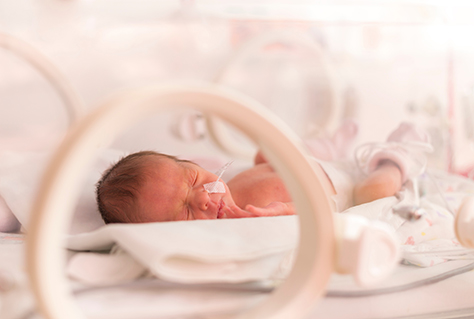More paid leave set to be offered to parents of premature babies
A new law is aiming to offer parents of premature babies an extra 12 weeks paid leave

A new law is set to offer parents up to an extra 12 weeks of paid leave if your child is born prematurely.
Last week saw The Neonatal Care (Leave and Pay) Bill complete its second reading in Parliament.
If the law is passed, it will allow both parents to qualify for an extra week's help which would be in addition to your existing maternity and paternity leave and pay entitlements. The extra paid leave would be for every seven days your baby has spent in neonatal care.
The law has been proposed by SNP MP Stuart McDonald and has so far received support from across the parties in the House of Commons but is still subject to several stages of parliamentary scrutiny before it can be passed as a low.
How many babies are born prematurely in the UK?
The charity Bliss – for babies born premature or sick – estimates that around 60,000 babies are born prematurely in the UK every year. Meaning that 1 in every 13 babies born in the UK will be born premature (before 37 weeks of pregnancy).
The charity does suggest that not all of these babies will need to be cared for in a neonatal unit. Many babies born prematurely will be born late preterm (at 34-36 weeks of pregnancy), and some of these may not need specialist care on a neonatal unit.
What are the current maternity and paternity leave entitlements?
Statutory Maternity Leave is 52 weeks long and is classed as ‘Ordinary Maternity Leave’ for the first 26 weeks, and then 'Additional Maternity Leave’ for the final 26 weeks. While you don't have to take all 52 weeks off, you are legally obliged to take 2 weeks off after your baby is born (or 4 if you work in a factory). Under new rules, your partner might be able to take some of your maternity leave if you want to return to work sooner. Paid paternity leave is up to two weeks.
If you are eligible for maternity leave, you can end it before the full 52 weeks and, with your partner, take untaken weeks as Shared Parental Leave instead of Maternity Leave.
At their own discretion, some employers may offer more time off to new parents.
Read more: